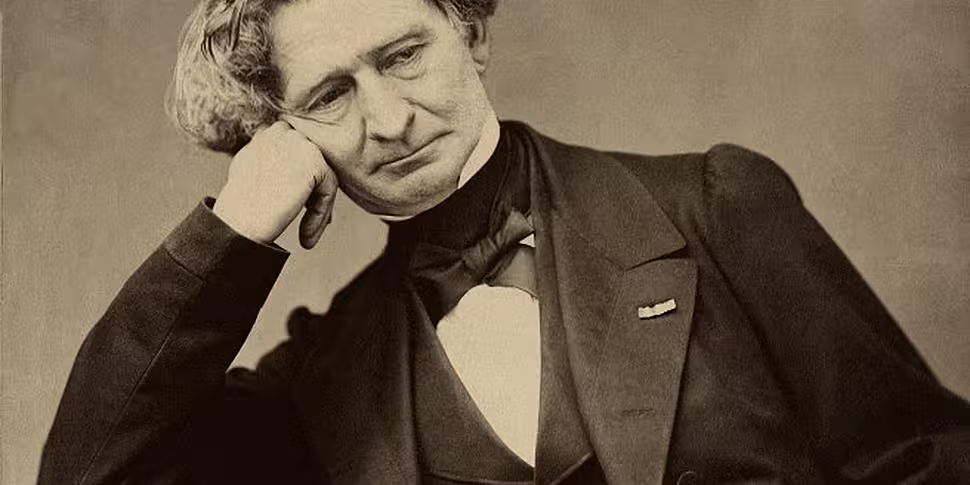Like many great geniuses, Hector Berlioz was largely overlooked during his own lifetime. A progressive Romantic at heart, this Frenchman would be dead for almost a century before his legacy was properly recognised and understood.
Born near Grenoble in 1803 Berlioz was primed to take part in the oncoming Romantic movement. Earlier that year war had erupted between Britain and Napoleon. A dozen years later this prolonged period of global conflict would finally come to an end, leaving Europe to reflect on how science and rationality had wrought such devastation.
The end of the Napoleonic era coincided with Berlioz' own coming of age. An incredibly passionate and romantic man, Berlioz fell in love for the first time when just 12 years old; his 18-year-old neighbour being the object of these early desires. This emotional blossoming came at the same time Berlioz began his musical education.
The intertwining of emotion and music would mark much of Berlioz' career as he composed works inspired by the great classics like Romeo & Juliette and The Aeneid. Similar shifts away from the rigorous and over-rationalising of the Enlightenment were taking place in all of the arts across Europe.
As with any new trend, the early pioneers of the Romantic movement laid the groundwork with little or no recognition in their lifetime. Not only was Berlioz the usual overlooked progressive artist, but his recognition as one of the "Great Trinity of Progress" (the other two parts being Wagner and Liszt) wouldn't even come toward the end of his life or close after his death.
It wouldn't be until the 1960s that the world would begin to recognise Berlioz as a pioneer of Romanticism. Join Professor Patrick Geoghegan as he talks with a panel of experts about the life and legacy of Hector Berlioz. Why did it take so long for the world to recognise his genius? And does he really deserve to be counted among history's greatest composers?









